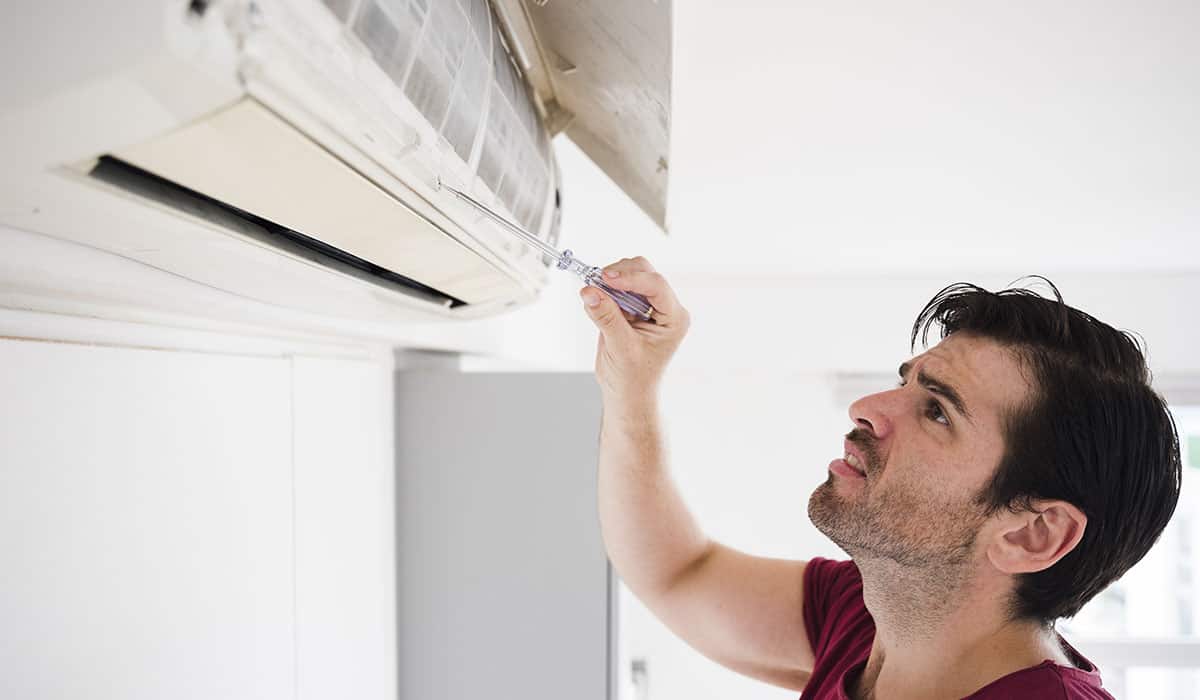

Articles
Why Does My AC Keep Turning On And Off
Modified: October 20, 2024
Discover why your AC keeps turning on and off with these informative articles. Learn how to troubleshoot and fix this common issue for optimal cooling efficiency.
(Many of the links in this article redirect to a specific reviewed product. Your purchase of these products through affiliate links helps to generate commission for Storables.com, at no extra cost. Learn more)
Introduction
One common issue that homeowners often encounter with their air conditioning systems is the continuous on and off cycling, also known as “short cycling”. If you’ve ever experienced your AC turning on and off frequently, you know how frustrating and disruptive it can be to your comfort. But why does your AC keep turning on and off, and what can you do to fix it?
In this article, we will explore the reasons behind this behavior and provide guidance on troubleshooting and resolving the issue. By understanding the causes of an AC’s frequent cycling, you can take the necessary steps to ensure optimal performance and prolong the lifespan of your cooling system.
When an air conditioner continuously cycles on and off, it not only consumes more energy but also fails to cool your home adequately. This can result in uneven temperatures, increased energy bills, and unnecessary wear and tear on the system, leading to potential breakdowns and costly repairs. Therefore, it is crucial to address this issue as soon as possible.
Next, we will delve into the possible reasons why your AC keeps turning on and off, and discuss practical solutions to rectify the problem. By identifying the root cause, you can take appropriate action to restore your AC’s proper functioning and enjoy a more comfortable living environment.
Key Takeaways:
- Regular maintenance, including cleaning or replacing air filters, inspecting condensate lines, and addressing electrical issues, can prevent frequent on and off cycling of your AC, ensuring efficient and reliable operation.
- Consulting a professional HVAC technician is crucial for diagnosing and resolving complex issues such as refrigerant leaks, faulty thermostats, and improperly sized units, ensuring safe and tailored solutions for your cooling needs.
Read more: Why Does My Projector Keeps Turning Off
Understanding the On and Off Cycling of an AC
Before diving into the reasons behind an AC’s frequent on and off cycling, let’s first understand how an air conditioner operates. When you turn on your AC, it goes through a cooling cycle to maintain a comfortable temperature in your home.
During the cooling cycle, the AC draws in warm air from your living space and passes it over the evaporator coils. The evaporator coils contain refrigerant, which absorbs the heat from the air, cooling it down in the process. The cooled air is then distributed back into your home through the ductwork, while the heat absorbed by the refrigerant is released outside by the condenser unit.
Now, when the desired temperature is reached, the thermostat signals the AC to shut off until the temperature rises again. This on and off cycling is a normal part of the AC’s operation. However, if your AC is turning on and off frequently, there may be an underlying issue that needs to be addressed.
The continuous cycling of an AC can be caused by various factors, ranging from relatively simple problems to more complex mechanical or electrical issues. In the next section, we will explore some of the common causes for an AC repeatedly turning on and off.
Common Causes for AC Turning On and Off
When your air conditioner constantly cycles on and off, it indicates that something is amiss. Here are some of the most common causes for this issue:
- Dirty Air Filter: A clogged or dirty air filter restricts airflow, leading to reduced cooling efficiency. This can cause the AC to work harder and cycle on and off frequently. Regularly cleaning or replacing the air filter can help prevent this problem.
- Refrigerant Leak: Low refrigerant levels can disrupt the cooling process and cause the AC to short cycle. A refrigerant leak requires professional attention and should be addressed promptly to prevent further damage to the system.
- Faulty Thermostat: A malfunctioning thermostat can send incorrect signals to the AC, causing it to cycle on and off incorrectly. Calibrating or replacing the thermostat may be necessary to resolve the issue.
- Improperly Sized AC Unit: If your AC is sized incorrectly for your home, it may struggle to cool the space properly. An oversized AC will cool the area quickly, causing it to shut off prematurely, while an undersized AC will constantly run to keep up with the cooling demand.
- Clogged Condensate Line: The condensate line is responsible for draining the moisture accumulated during the cooling process. If the line becomes clogged with dirt or debris, it can cause the AC to cycle on and off. Regular maintenance and cleaning of the condensate line can prevent this issue.
- Electrical Issues: Faulty electrical connections or wiring problems can disrupt the normal functioning of the AC, resulting in frequent cycling. It is crucial to have a professional inspect and repair any electrical issues to ensure safe and reliable operation.
- Short Cycling: Short cycling occurs when the AC cycles on and off rapidly without completing a full cooling cycle. This can be caused by any of the above factors or a combination of them. Short cycling puts unnecessary strain on the system and should be addressed promptly.
These are just a few of the potential causes for an AC turning on and off frequently. Identifying the specific cause requires a thorough inspection by a qualified HVAC technician. In the next section, we will explore some troubleshooting steps you can take to address the issue before calling for professional assistance.
Dirty Air Filter
A dirty air filter is one of the most common causes for an air conditioner to constantly cycle on and off. The air filter is responsible for capturing dust, debris, and other particles from the air before it enters the system. Over time, the filter can become clogged with these particles, restricting the airflow and hindering the cooling process.
When the airflow is restricted, the AC has to work harder to pull in air from your home and cool it down. This increased workload can cause the system to overheat and trigger the safety mechanism that shuts it off. Once the system cools down, it turns back on again, and the cycle repeats.
To prevent this issue, it is important to regularly clean or replace your air filter according to the manufacturer’s recommendations. Most filters need to be cleaned or replaced every one to three months, but the frequency may vary depending on factors such as the indoor air quality and the presence of pets or allergies in your home.
Here are the steps to clean or replace your air filter:
- Locate the air filter. It is usually found in the return air duct or the blower compartment of the air handler.
- If it is a reusable filter, remove it and gently clean it with a vacuum cleaner or rinse it with water. Allow it to dry completely before reinstalling it.
- If it is a disposable filter, remove it and replace it with a new one of the same size and type.
- Make sure the filter is installed correctly and securely in its housing.
By keeping your air filter clean, you can ensure proper airflow and optimize the performance of your air conditioner. However, if the issue persists even after cleaning or replacing the air filter, there may be other underlying causes that require professional attention.
Refrigerant Leak
A refrigerant leak in your air conditioning system can cause the unit to constantly cycle on and off. Refrigerant is the substance that absorbs heat from the air inside your home and releases it outside, allowing your AC to cool the air effectively. When there is a leak in the refrigerant lines, the level of refrigerant decreases, affecting the cooling process.
When the refrigerant level is low, your AC may struggle to cool your home properly. As a result, the system may cycle on and off frequently in an attempt to reach the desired temperature. This constant cycling not only reduces the efficiency of your AC but can also lead to damage to the compressor and other components of the system.
If you suspect a refrigerant leak, it is crucial to contact a professional HVAC technician to inspect and repair the issue. Only certified technicians are qualified to handle refrigerant and safely repair leaks in the system. They will use specialized equipment to detect the location of the leak and then repair or replace the affected components.
It’s important to note that simply adding more refrigerant to the system without fixing the leak is not a solution. The refrigerant will continue to leak, and you will face the same problem again in the future. Additionally, improperly handling refrigerant can have harmful effects on the environment.
By addressing a refrigerant leak promptly, you can ensure the efficient and effective operation of your air conditioning system. A professional technician will not only repair the leak but also recharge the refrigerant to the appropriate level, restoring your AC’s cooling capacity.
Read more: Why Does My Oil Diffuser Keep Turning Off
Faulty Thermostat
A faulty thermostat can cause your air conditioner to constantly cycle on and off. The thermostat is the control center of your AC, responsible for regulating the temperature in your home. When it malfunctions, it can send incorrect signals to the AC, causing it to turn on and off incorrectly.
There are several potential issues that can arise with a faulty thermostat:
- Misreading Temperature: If the thermostat is not accurately reading the temperature in your home, it may signal the AC to turn on and off at the wrong times, leading to frequent cycling. This can happen if the thermostat’s sensor is dirty or incorrectly calibrated.
- Short-Cycling: A malfunctioning thermostat may cause the AC to short-cycle, where it turns on and off rapidly without completing a full cooling cycle. This can be a result of a wiring issue or a faulty switch in the thermostat.
- Intermittent Connection: Loose or faulty wiring connections in the thermostat can cause intermittent signals to the AC, triggering unnecessary on/off cycles. This can be particularly problematic if the connection is unstable and causes the AC to turn on and off randomly.
If you suspect that your thermostat is the cause of the on and off cycling, you can try the following troubleshooting steps:
- Check the thermostat settings to ensure it is set to the correct temperature.
- Clean the thermostat’s sensor using a soft cloth or a cotton swab dipped in rubbing alcohol. Gently wipe away any dirt or debris that may be affecting its accuracy.
- Verify that the thermostat wiring is secure and properly connected. If you notice any loose connections, tighten them or consider replacing the wiring if necessary.
- If these steps do not resolve the issue, it is best to consult a professional HVAC technician. They have the expertise to diagnose and repair any underlying issues with the thermostat and ensure proper functioning of your AC.
By addressing a faulty thermostat, you can restore proper temperature control and prevent unnecessary cycling of your air conditioning system.
Check the air filter and clean or replace it if it’s dirty. A dirty filter can restrict airflow and cause the AC to cycle on and off frequently.
Improperly Sized AC Unit
The size of your air conditioning unit plays a vital role in its performance and efficiency. If your AC unit is improperly sized for your home, it can lead to frequent on and off cycling.
An oversized AC unit cools the space quickly, causing it to reach the desired temperature rapidly. As a result, the system shuts off prematurely, only to turn back on when the temperature rises again. This continuous on and off cycling not only wastes energy but also puts unnecessary strain on the system, leading to increased wear and tear.
On the other hand, an undersized AC unit may struggle to cool your home effectively. It may run continuously in an attempt to reach the desired temperature, but never quite achieve it. This constant operation can also result in frequent cycling, as the AC tries to compensate for its insufficient cooling capacity.
To ensure your AC is properly sized for your home, it is recommended to consult with an HVAC professional. They will perform a load calculation, taking into account factors such as the size of your home, insulation levels, and climate, to determine the appropriate size of the AC unit.
If it is determined that your current AC unit is improperly sized, it may be necessary to replace it with a unit that better matches your cooling needs. While this may require an upfront investment, it can result in improved energy efficiency, better comfort, and reduced on and off cycling.
It’s essential to consult with a qualified technician or HVAC specialist to assess your home’s cooling requirements accurately. They can help identify whether an improperly sized AC unit is causing the frequent cycling and recommend the appropriate solution to optimize your cooling system.
Clogged Condensate Line
The condensate line is an important component of your air conditioning system. It is responsible for draining the condensation that is produced during the cooling process. However, over time, the condensate line can become clogged with dirt, debris, algae, or mold, which can lead to a blockage and cause your AC to cycle on and off.
When the condensate line is clogged, the condensation cannot properly drain away from the AC unit. As a result, the AC may sense a backup of condensation and automatically shut off to prevent damage. Once the condensation dissipates and the system detects a normal level, it turns back on.
In addition to causing frequent cycling, a clogged condensate line can also lead to water leakage and potential water damage in your home. Therefore, it’s crucial to address this issue promptly to prevent further complications.
To troubleshoot a clogged condensate line, you can try the following steps:
- Locate the condensate line access point, which is typically near the indoor unit of your AC system.
- Remove the access cap or cover to gain access to the condensate line.
- Inspect the line for any visible signs of clogs, such as standing water or debris.
- If you notice a clog, you can attempt to clear it using a wet/dry vacuum or a condensate line cleaning brush. Insert the vacuum hose or brush into the line and suction or brush away the clog.
- Once you have cleared the clog, flush the line with a mixture of water and vinegar to remove any remaining debris or buildup.
- Lastly, replace the access cap or cover and ensure it is securely in place.
If you are unsure or uncomfortable performing these tasks yourself, it is recommended to seek the assistance of a professional HVAC technician. They have the necessary tools and expertise to safely and effectively clear the clog in the condensate line.
Regular maintenance, such as cleaning the condensate line and scheduling professional HVAC inspections, can help prevent clogs and keep your AC system running smoothly, reducing the chances of frequent cycling.
Electrical Issues
Electrical issues can also contribute to an air conditioner turning on and off frequently. Faulty electrical connections or wiring problems can disrupt the normal functioning of the AC system, leading to erratic cycling.
Here are some electrical issues that may cause frequent on and off cycling:
- Loose Wiring: Loose connections or wiring can cause intermittent power supply to the AC unit, resulting in frequent cycling. Loose wires can occur due to vibrations from the system or improper installation. It’s crucial to have a professional inspect and tighten any loose electrical connections.
- Short circuits: A short circuit occurs when electrical wires come into contact where they shouldn’t, causing a disruption in the electrical flow. This can lead to the AC turning on and off unexpectedly. Short circuits are often caused by damaged or frayed wires and require immediate attention from a trained technician.
- Faulty Capacitor: The capacitor is a component in the AC system that stores and releases electrical energy. If the capacitor is defective or has failed, it can result in irregular cycling of the AC unit. A professional technician can test the capacitor and replace it if necessary.
- Tripped Breaker: If the AC unit is repeatedly tripping the circuit breaker, it can cause the system to turn on and off frequently. Circuit breakers trip as a safety precaution when there is an electrical overload. This can be caused by several factors, such as a faulty motor or compressor, and should be evaluated by a professional electrician.
Dealing with electrical issues can be complex and potentially dangerous, so it’s important to leave the troubleshooting and repairs to trained professionals. An experienced electrician or HVAC technician can identify the underlying electrical problems, perform necessary repairs, and ensure that your AC system operates safely and efficiently.
Regular maintenance, including professional inspections and electrical system checks, can help identify and resolve any potential electrical issues before they become major problems. By addressing electrical issues promptly, you can prevent frequent cycling and extend the lifespan of your air conditioning system.
Read more: Why Does My Hot Tub Keep Turning Off
Short Cycling
Short cycling is a term used to describe the situation where an air conditioner cycles on and off rapidly without completing a full cooling cycle. It is not only a symptom of an underlying problem but also puts a significant strain on the AC system.
Several factors can contribute to short cycling:
- Oversized or Undersized AC Unit: If your AC unit is either too large or too small for your home, it can lead to short cycling. An oversized unit cools the space too quickly, causing it to shut off prematurely. On the other hand, an undersized unit may run continuously, unable to reach the desired temperature.
- Thermostat Issues: A malfunctioning thermostat can send incorrect signals to the AC, causing it to cycle on and off at the wrong times or in short intervals.
- Faulty Sensor: The sensor in the AC unit detects the temperature and sends signals to the system. If the sensor is malfunctioning or incorrectly placed, it can lead to inaccurate temperature readings and subsequent short cycling.
- Refrigerant Leak: A refrigerant leak can disrupt the cooling process, causing the AC to cycle on and off frequently. Low refrigerant levels prevent the system from properly cooling the air, leading to inefficient operation and short cycling.
- Dirty Air Filter: A clogged air filter restricts airflow, causing the AC to work harder to pull in air. This extra strain can result in the system cycling on and off more frequently.
- Electrical Issues: Faulty electrical connections or wiring problems can cause the AC to short circuit, leading to rapid cycling. Loose connections, damaged wires, or a failing capacitor can all contribute to this issue.
Addressing short cycling requires identifying and resolving the underlying cause. It is recommended to consult with a professional HVAC technician who can accurately diagnose the issue and provide appropriate solutions.
In some cases, correcting short cycling may involve adjusting the AC unit’s size, recalibrating or replacing the thermostat, repairing refrigerant leaks, cleaning or replacing the air filter, or resolving any electrical issues. A qualified technician will have the necessary knowledge and expertise to perform these tasks safely and effectively.
By resolving the root cause of short cycling, you can improve the energy efficiency of your AC, reduce wear and tear on the system, and ensure a comfortable and consistent cooling experience in your home.
How to Troubleshoot AC Turning On and Off
Experiencing an air conditioner that keeps turning on and off can be frustrating, but there are several troubleshooting steps you can take to identify and potentially resolve the issue. Here’s what you can do:
- Check the air filter: A dirty or clogged air filter can restrict airflow, leading to inefficient operation and frequent cycling. Remove the filter and inspect it. If it’s dirty, clean or replace it according to the manufacturer’s instructions.
- Inspect the thermostat: Ensure that the thermostat is set to the desired temperature and is functioning correctly. You can try recalibrating or replacing the thermostat if necessary.
- Examine the condensate line: A clogged condensate line can cause the AC to cycle on and off. Check for any signs of blockages or standing water in the condensate line. If you notice a clog, you can attempt to clear it using a wet/dry vacuum or a condensate line cleaning brush.
- Check for refrigerant leaks: Low refrigerant levels can cause the AC to struggle in cooling your home, resulting in frequent cycling. Look for any signs of refrigerant leaks, such as hissing sounds or oil stains near the AC unit. If you suspect a leak, it’s best to contact a professional HVAC technician for proper diagnosis and repair.
- Inspect the outdoor unit: Debris, such as leaves or grass clippings, can obstruct the airflow and cause the AC to cycle on and off. Check the outdoor unit and clean any debris that may have accumulated. Ensure that the unit is clear of obstructions to allow proper airflow.
- Check the electrical connections: Loose or faulty electrical connections can disrupt the AC’s operation and lead to frequent cycling. Turn off the power to the AC unit, then carefully inspect and tighten any loose wiring connections. If you’re unsure or uncomfortable handling electrical work, it’s best to consult with a professional electrician or HVAC technician.
- Consider the size of the AC unit: If your AC unit is improperly sized for your home, it can lead to inefficient cooling and frequent cycling. Consult with a professional HVAC technician to determine if the unit needs to be resized for optimal performance.
If these troubleshooting steps do not resolve the issue, it is recommended to seek the assistance of a professional HVAC technician. They can conduct a comprehensive inspection, identify any underlying problems, and provide a proper diagnosis and solution.
Proper maintenance of your air conditioning system, including regular filter cleaning or replacement, professional inspections, and prompt repairs, can help prevent frequent on and off cycling and ensure your AC operates efficiently and reliably.
Conclusion
Dealing with an air conditioner that repeatedly turns on and off can be frustrating and disruptive to your comfort. However, by understanding the common causes and taking proper troubleshooting steps, you can address the issue effectively and restore your AC’s optimal performance.
We explored various factors that can contribute to the on and off cycling of an air conditioning system, including dirty air filters, refrigerant leaks, faulty thermostats, improperly sized units, clogged condensate lines, electrical issues, and short cycling. Each of these factors requires specific attention and potential solutions to resolve the problem.
Performing regular maintenance, such as keeping the air filter clean, inspecting the condensate line, and scheduling professional HVAC inspections, can help prevent many of these issues from occurring. Additionally, promptly addressing any problems, such as refrigerant leaks or faulty thermostats, can prevent further damage and costly repairs.
If you have exhausted troubleshooting options or are unsure about performing repairs yourself, it’s always recommended to seek the assistance of a professional HVAC technician. They have the knowledge, skills, and tools to diagnose and resolve complex issues, ensuring the safe and efficient operation of your air conditioning system.
Remember, maintaining a comfortable and reliable cooling system goes beyond troubleshooting. It involves regular maintenance, proper sizing, and professional inspections. By taking these proactive steps, you can prevent frequent on and off cycling, reduce energy consumption, and prolong the lifespan of your AC unit.
Keep in mind that each AC system is unique, and the best course of action may vary depending on the specific circumstances. When in doubt, consult with a qualified professional who can provide personalized guidance and tailored solutions to meet your cooling needs.
By staying proactive and attentive to your AC’s performance, you can keep it running smoothly, ensuring a cool and comfortable environment in your home for years to come.
Frequently Asked Questions about Why Does My AC Keep Turning On And Off
Was this page helpful?
At Storables.com, we guarantee accurate and reliable information. Our content, validated by Expert Board Contributors, is crafted following stringent Editorial Policies. We're committed to providing you with well-researched, expert-backed insights for all your informational needs.

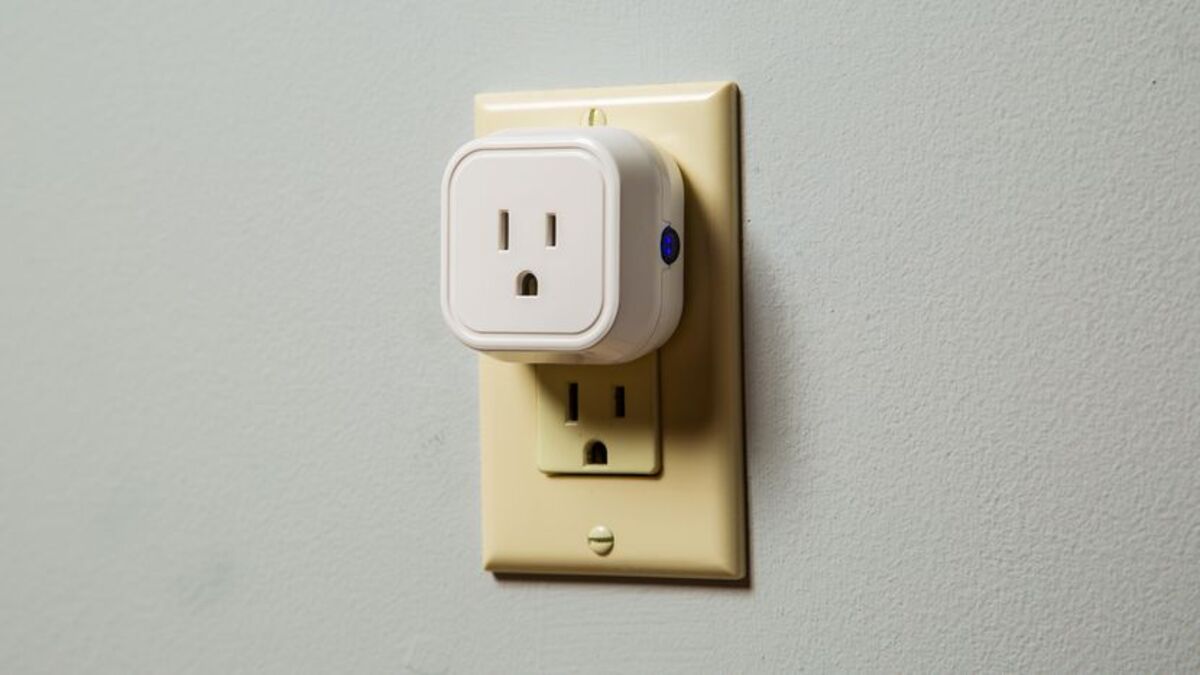
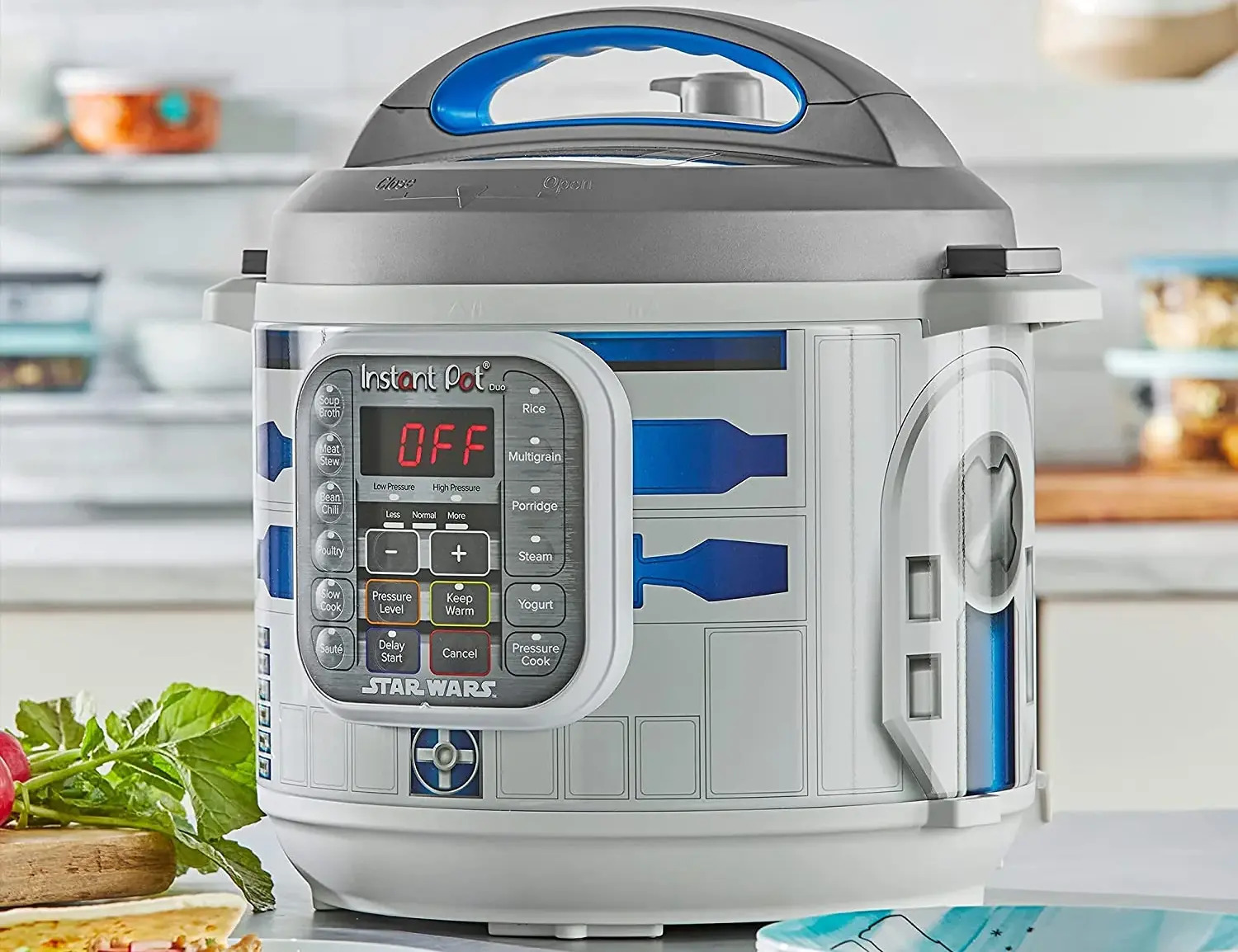
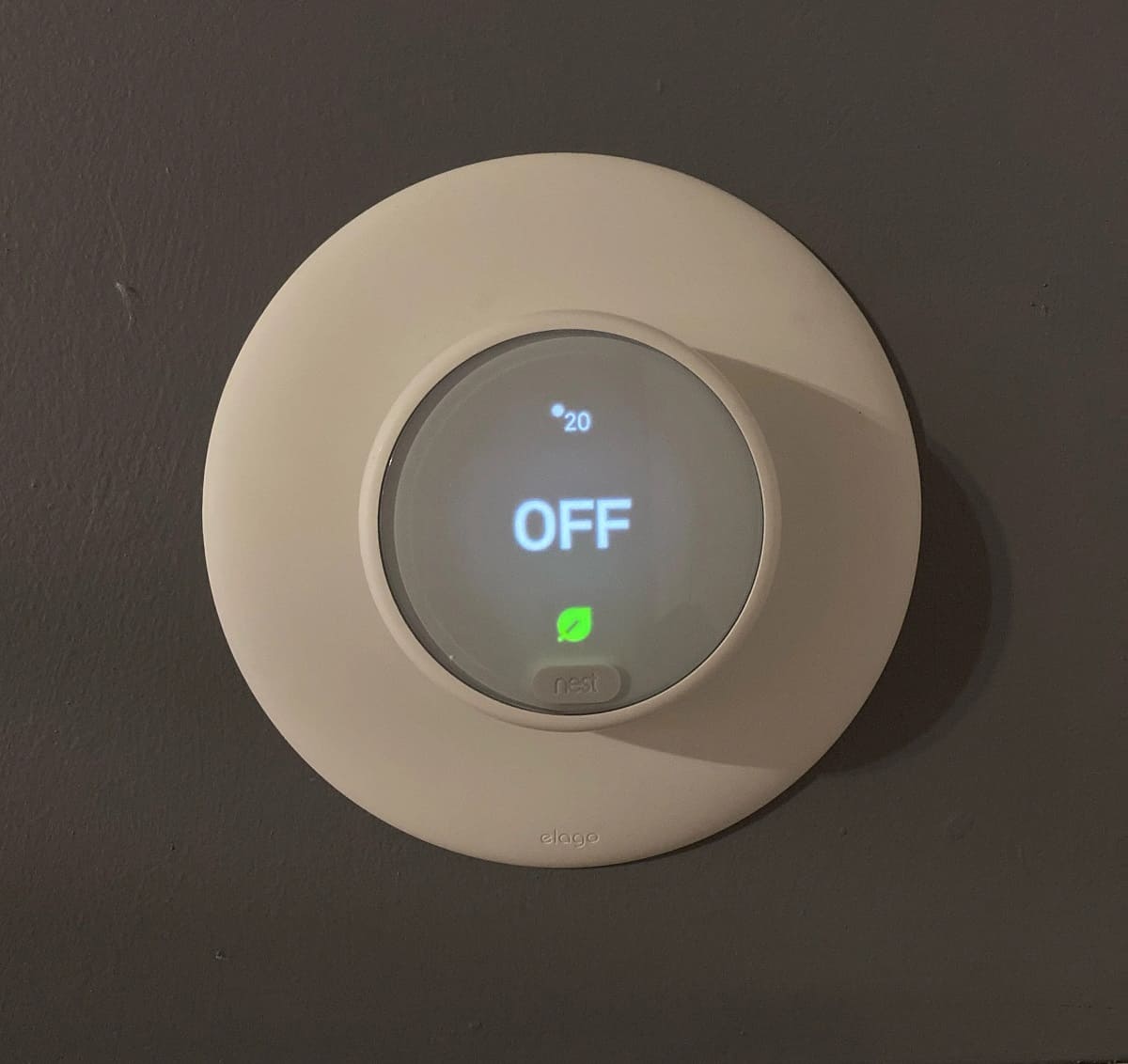
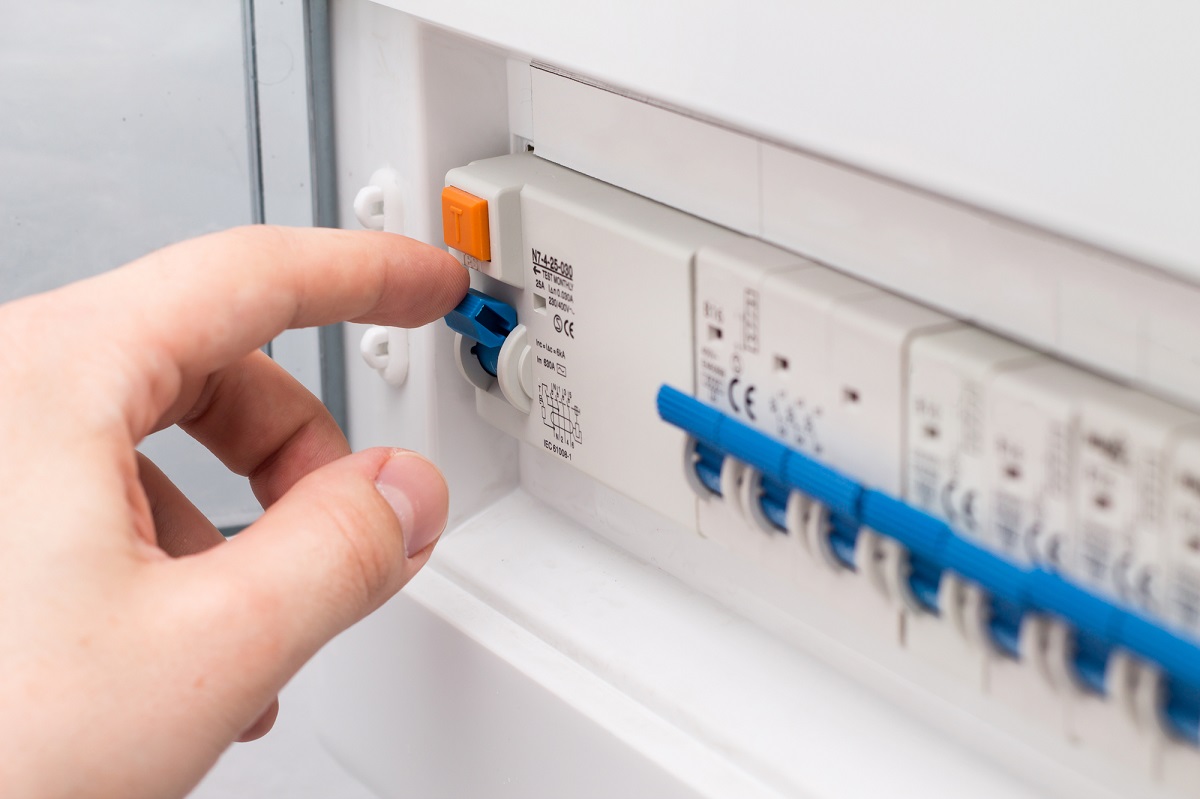
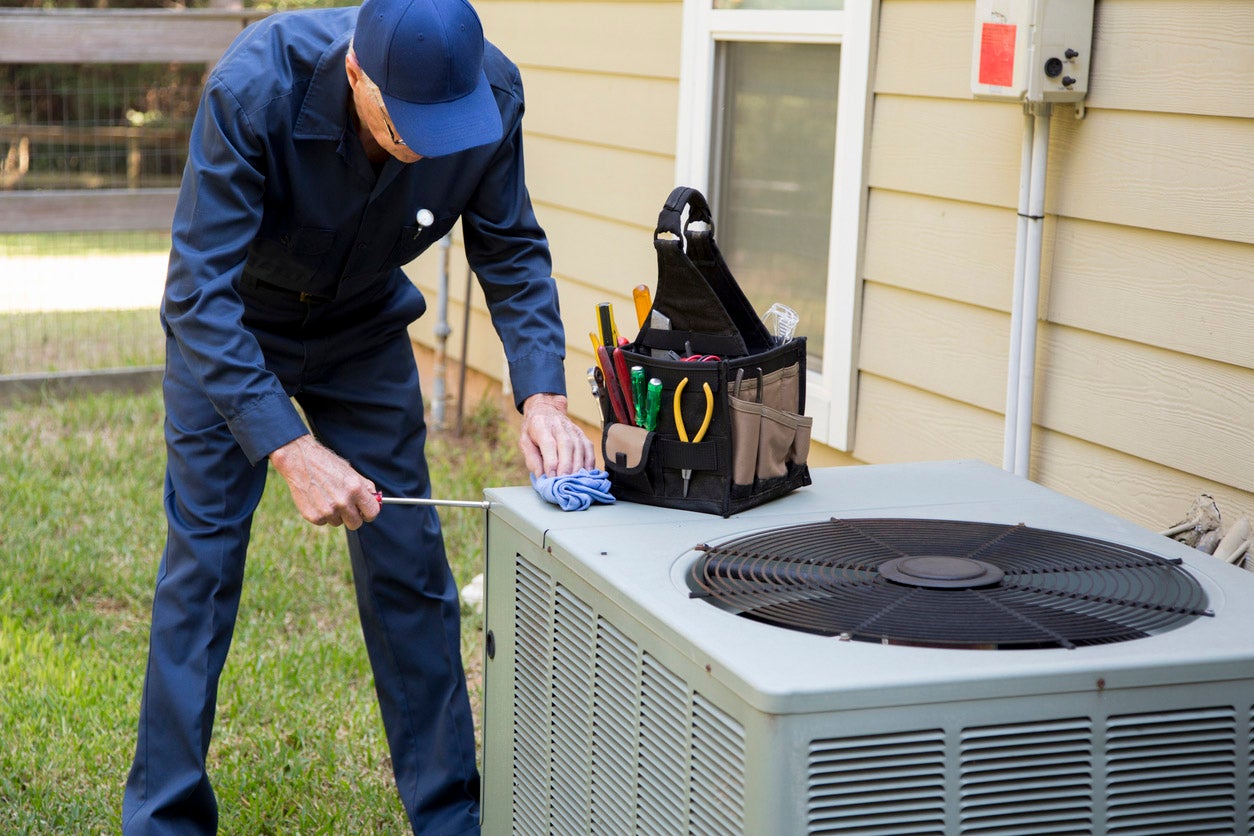
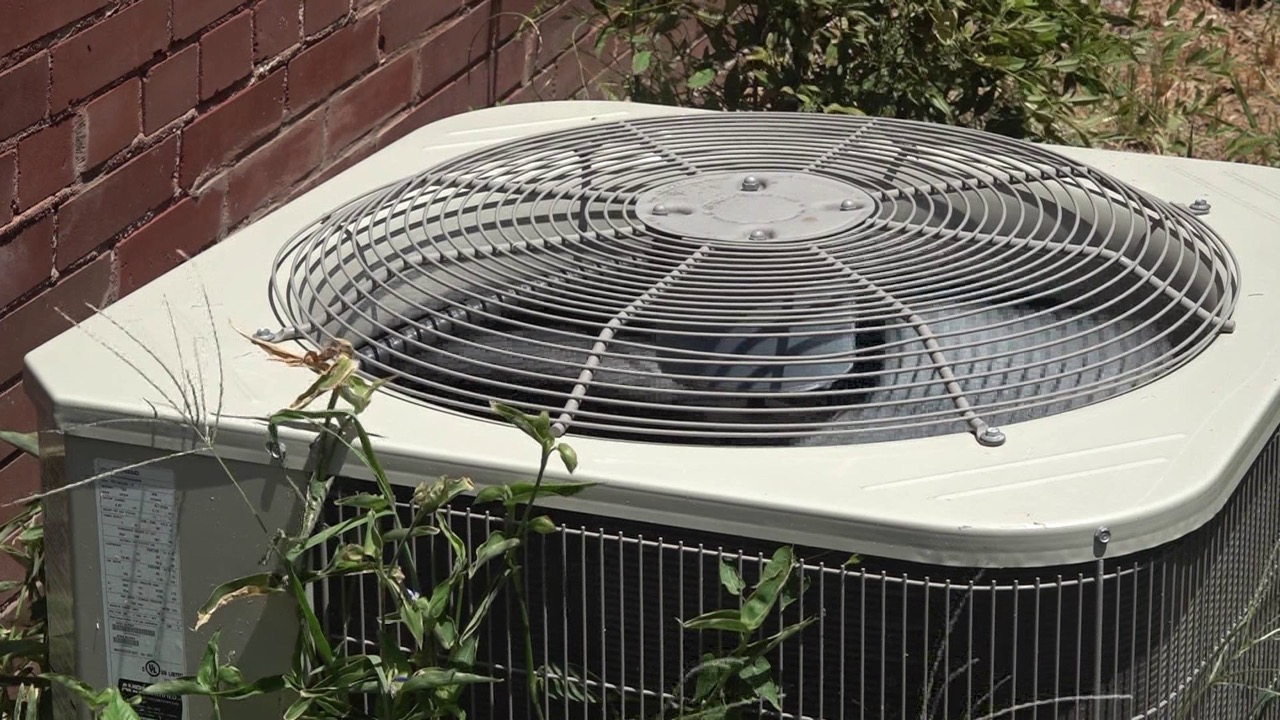
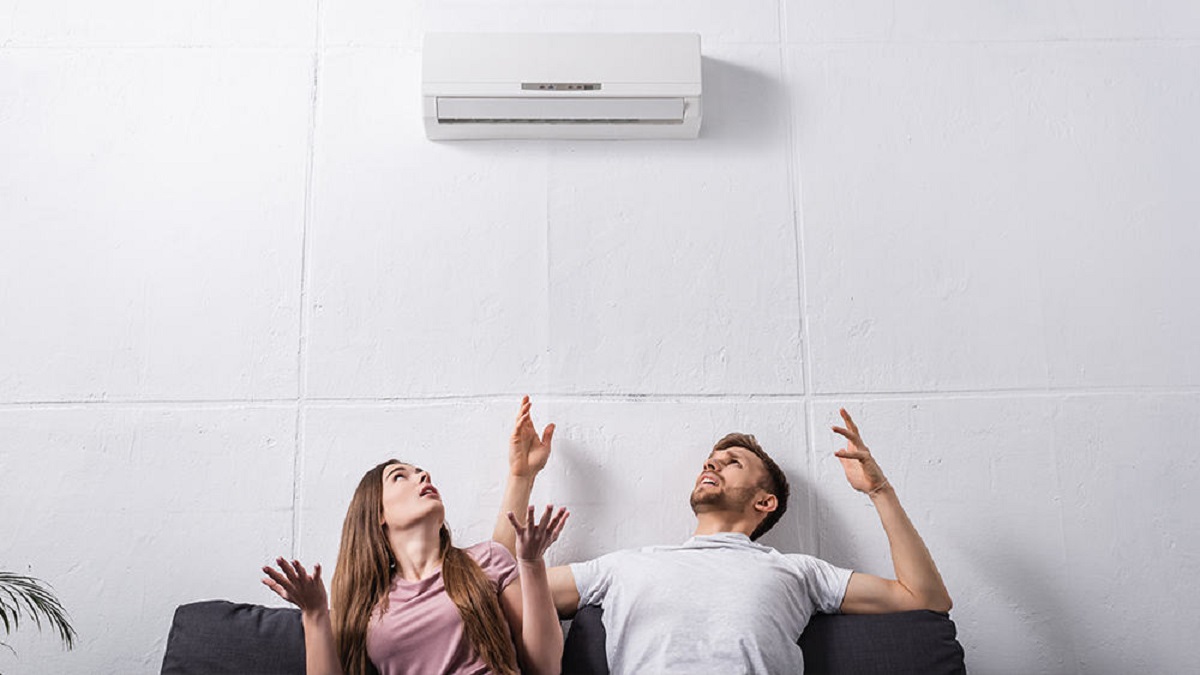



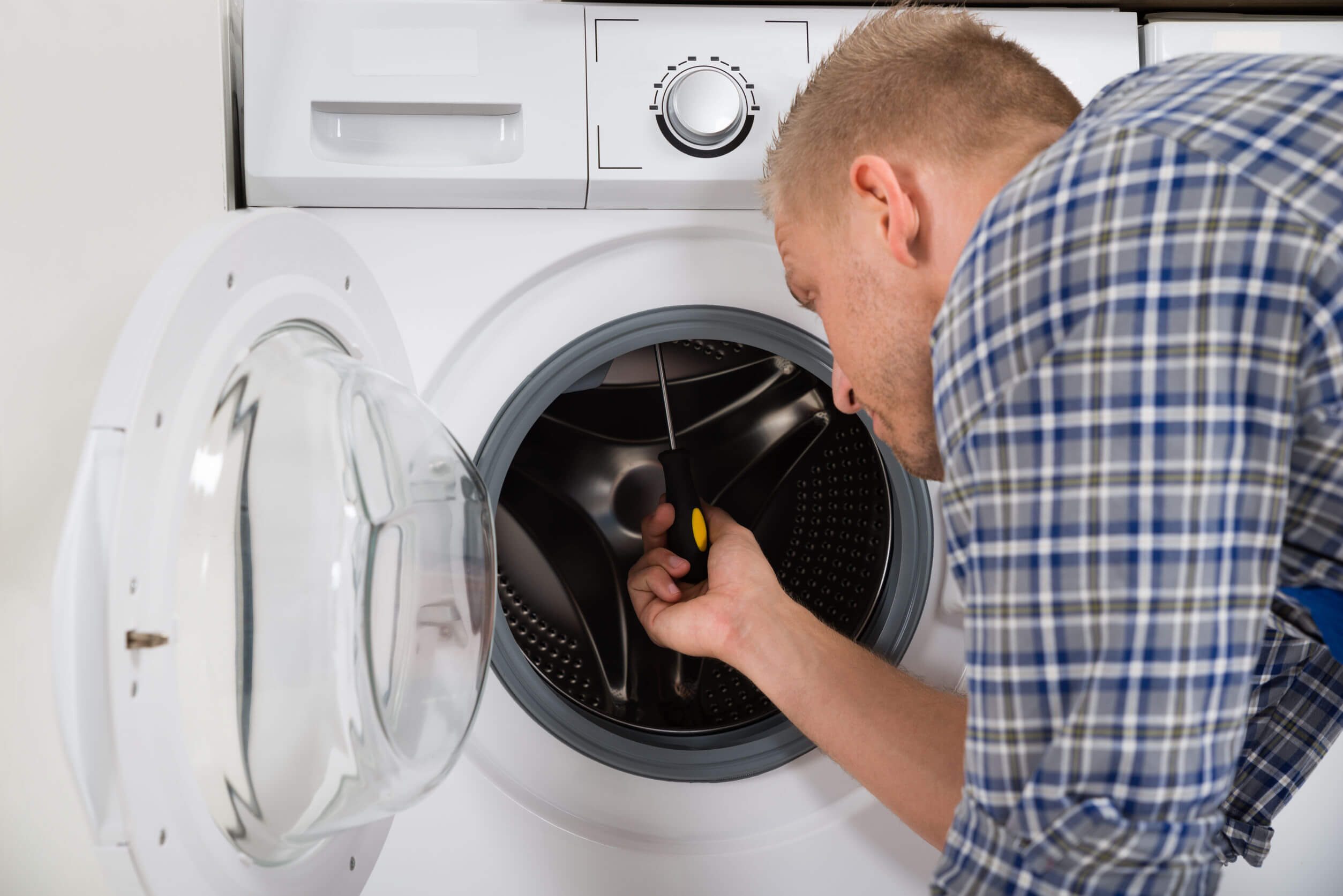
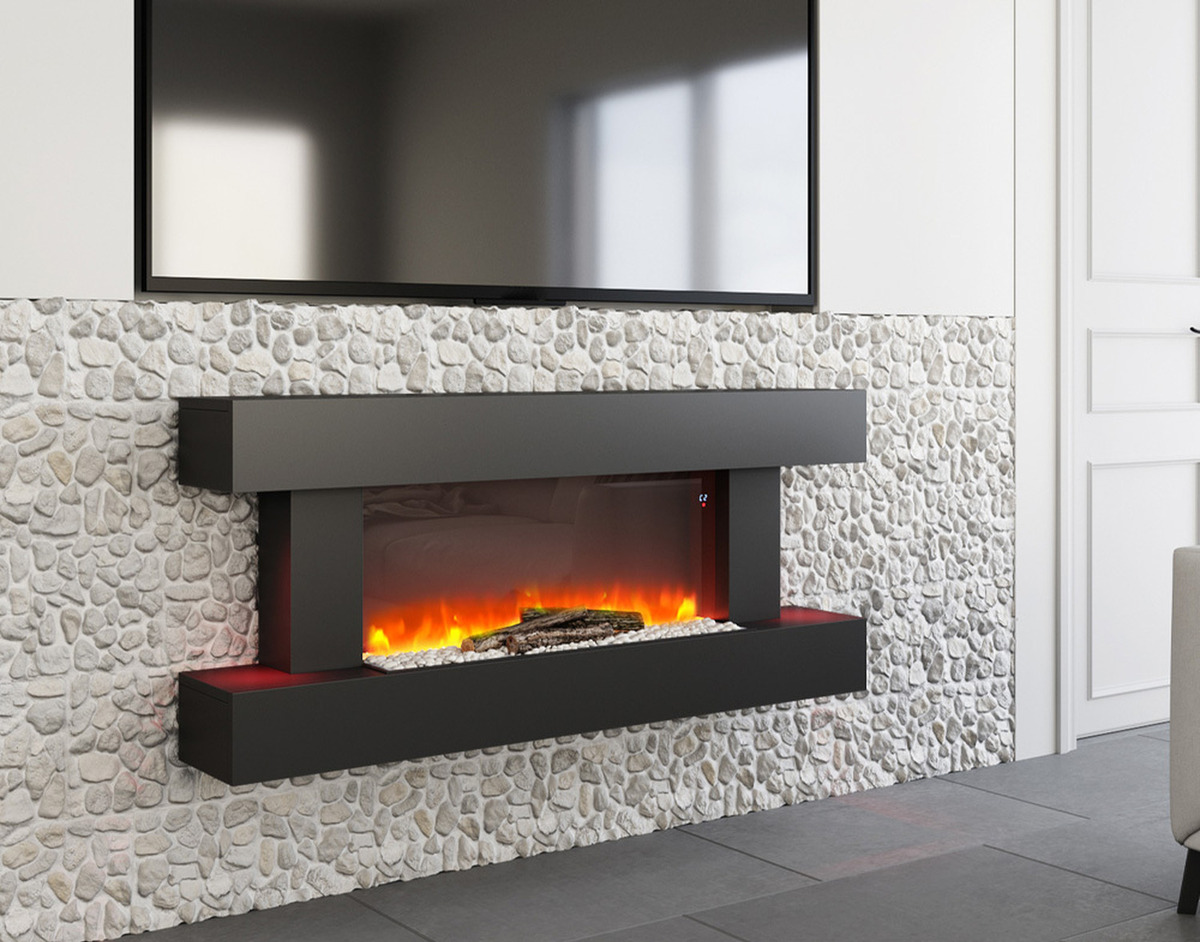

0 thoughts on “Why Does My AC Keep Turning On And Off”